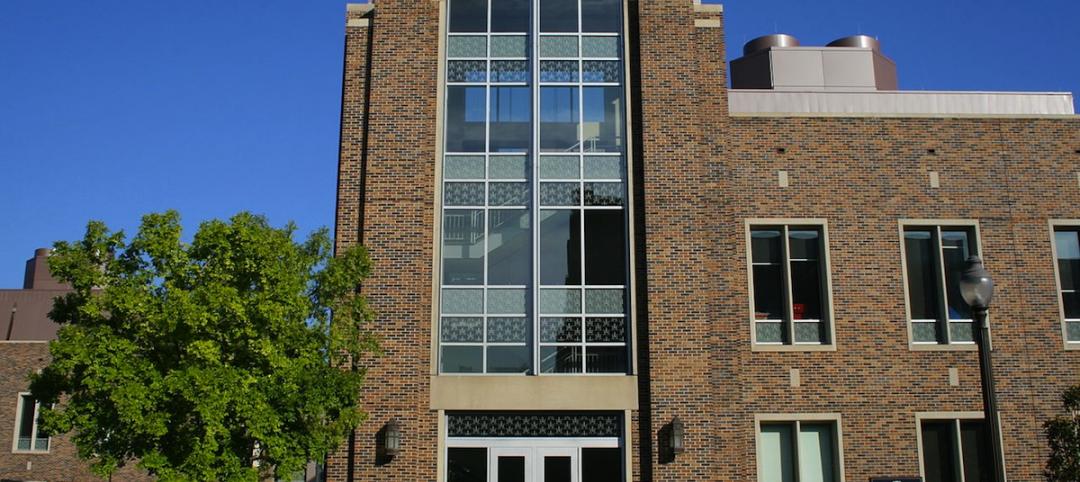Austin, Texas recently became the largest city in the United States to stop requiring new developments to set a minimum amount of parking.
The Austin City Council voted 8-2 earlier this month to eliminate parking requirements in an effort to fight climate change and spur more housing construction as Texas’s capitol grapples with a housing affordability crisis. Supporters of the measure say minimum parking rules drive up housing costs and prompt more people to be dependent on cars for transportation. Opponents counter that easing or eliminating parking requirements will cause parking to spill over onto neighboring streets and clog traffic.
The new parking rule does not prevent developers from adding parking. They will be able to decide how much parking they need for their project.
To create more affordable housing, Austin officials are also considering measures to allow up to three housing units in most places where single-family homes are allowed and reduce minimum lot sizes for certain multifamily buildings.
Related Stories
Codes and Standards | Jul 16, 2015
Oregon to spend $300 million for seismic updates on public buildings
A survey found that more than 1,000 Oregon school buildings face a high risk of collapse during earthquakes.
Smart Buildings | Jul 12, 2015
Office of Management and Budget asks agencies to consider climate change when budgeting for construction projects
For the first time, the U.S. Office of Management and Budget is asking agencies to submit budget plans that consider the effects of climate change on construction and maintenance of federal facilities.
Engineers | Jul 12, 2015
White paper explores low-flow toilets’ impact on drain lines, clogs
The research found that certain variables: toilet paper—along with the pipe slope and flush volume—are key variables in determining whether drain lines might be predisposed to clog.
Contractors | Jul 9, 2015
Opioid abuse blamed for increase in worker injuries, business losses
Insurance giant CNA says concerns are increasing in the construction industry.
Codes and Standards | Jul 8, 2015
California Supreme Court upholds affordable housing requirements
Court cites affordable housing crisis of ‘epic proportions.’
Codes and Standards | Jul 6, 2015
First valuation advisory for green and high performance property adopted
The document provides voluntary guidance to appraisers on the background and competency necessary to credibly value green buildings.
Codes and Standards | Jun 24, 2015
Maryland’s Prince George County turns to P3s to build green infrastructure
Over the next 10 years, the county must convert 15,000 acres of watertight surfaces—almost 5% of the county's total area—into surfaces that absorb or treat rainwater.
Codes and Standards | Jun 24, 2015
Philadelphia considers more incentives for green building
Developers could be allowed additional height, floor area on projects that meet benchmarks.
Codes and Standards | Jun 24, 2015
LEED building at Duke University may be retrofitted to prevent bird deaths
More birds die from colliding with buildings at Duke than on any other campus in a 45-school survey conducted by Augustana College. Duke is located along the Atlantic Flyway, a bird migration route.
Codes and Standards | Jun 24, 2015
Balcony collapse in Berkeley, Calif., prompts an examination of codes
Dry rot and too much weight appear to be the causes of a fatal accident at an eight-year-old building in Berkeley, Calif.
















